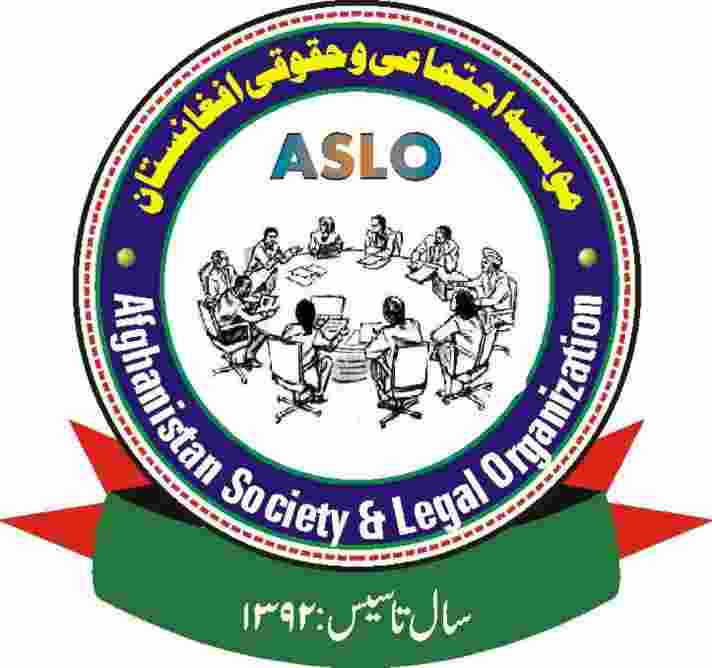Role Summary:
Afghanistan faces severe climate vulnerability due to a combination of environmental and socio-political factors. Recurring climate-induced disasters, particularly droughts and floods, have significantly undermined food security and rural livelihoods. Projections point to a future with rising temperatures, declining rainfall, and more frequent extreme weather events. These impacts are compounded by decades of conflict, which have weakened the population's adaptive capacity. The influx of returnees from Pakistan and nowadays from Iran has, and will continue to have further strained natural resources, intensifying conflicts over land and water access and deepening existing social divides. The protracted humanitarian crisis has led to unsustainable resource use, traditional community-led natural resource management mechanisms have been eroded, and systemic weaknesses in food systems have not been addressed.
The sustainability of agriculture and livestock-based livelihoods in Afghanistan is undermined by inadequate resource management and limited access to quality veterinary and agricultural extension services. Women and girls are disproportionately affected by the impacts of climate change and natural disasters due to social and political barriers that restrict their economic participation. These constraints exacerbate household vulnerability, as many families rely on a single income earner to support a high number of dependents
Under the supervision of the Project Manager, the Agriculture/Horticulture Specialist is responsible for providing technical support to AAA’s horticulture-related interventions under the FCDO-funded PREVALE program. The Specialist will ensure effective implementation of activities aimed at creating alternative sources of income and livelihoods for communities severely affected by disasters and economic shocks. This role directly contributes to the achievement of the program’s objectives and aligns with the broader vision of AAA’s country strategy.
Responsibilities and Tasks:
· Lead the implementation of sustainable, climate-smart agriculture, value chain development, and food systems initiatives.
· Design and promote Good Horticultural Practices (GHP) and support the identification, validation, and scaling of best practices in climate-resilient agriculture.
· Integrate agricultural activities with asset creation and livelihood initiatives using AAA’s CRSA approach.
· Support the development and implementation of disaster risk reduction (DRR), anticipatory actions, and climate adaptation strategies within the food and agriculture system.
· Facilitate private sector engagement and strengthen partnerships with agri-service providers to deliver practical, climate-smart solutions, last-mile delivery of extension services, climate information, and post-harvest technologies.
· Participate in supervision and monitoring missions; identify implementation bottlenecks and propose corrective actions.
· Contribute to joint programming efforts with other sectoral clusters to enhance program reach and impact.



